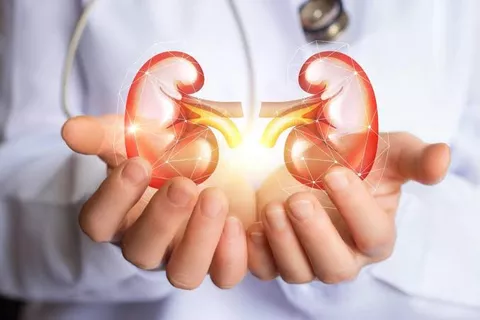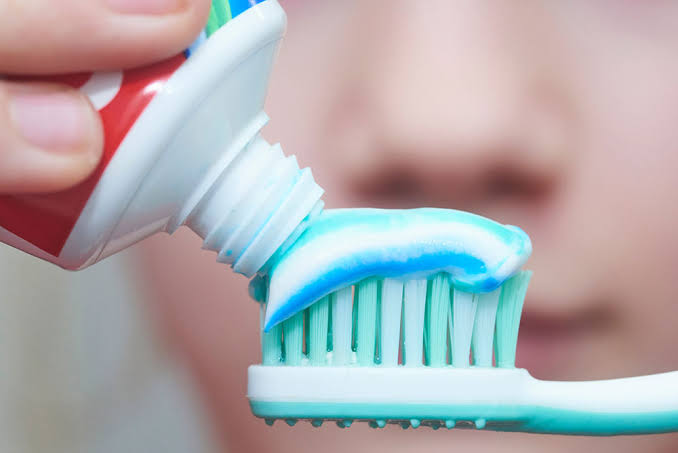The kidneys play a crucial role in filtering waste products, excess water, and toxins from the blood, while also regulating blood pressure, balancing electrolytes, and supporting the production of red blood cells. Protecting these vital organs should be a priority for everyone. Unfortunately, kidney disease often goes unnoticed until it has progressed significantly. However, with proper lifestyle choices and medical care, you can preserve your kidney health and prevent complications.
1. Stay Hydrated
Drinking enough water is essential for your kidneys to filter waste effectively. Adequate hydration helps flush toxins and waste materials through urine. Aim to drink about 2 to 3 liters of water a day unless you have a medical condition that requires fluid restriction.
2. Control Blood Sugar Levels
If you have diabetes, maintaining normal blood sugar levels is crucial to protect your kidneys. High blood sugar levels can damage the blood vessels in the kidneys over time, leading to chronic kidney disease. Regular monitoring and proper use of insulin or medication are important preventive steps.
3. Maintain Healthy Blood Pressure
High blood pressure is one of the leading causes of kidney damage. By keeping your blood pressure within the normal range (typically below 120/80 mmHg), you can prevent extra strain on your kidneys. Managing blood pressure through diet, exercise, and medication, if necessary, is critical for kidney health.
4. Follow a Balanced Diet
A kidney-friendly diet is rich in fruits, vegetables, whole grains, and lean proteins. Limit processed foods, salt, and foods high in saturated fats, as these can contribute to kidney strain. Potassium, phosphorus, and sodium levels should be balanced in your diet to avoid overburdening your kidneys.
5. Exercise Regularly
Physical activity improves heart health and circulation, reducing the risk of kidney problems. Engaging in at least 150 minutesof moderate exercise per week, such as walking, swimming, or cycling, can help maintain kidney function and prevent conditions that contribute to kidney disease.
6. Avoid Smoking
Smoking damages blood vessels, reducing blood flow to the kidneys and impairing their function. Quitting smoking not only improves overall health but also significantly reduces the risk of kidney disease. Seek support if needed, as quitting can be difficult....Read Full Article [Click Here>]
7. Limit Alcohol Consumption
Excessive alcohol intake can impair kidney function by dehydrating the body and increasing blood pressure. Moderation is key — limit alcohol consumption to one drink per day for women and two drinks per day for men.
8. Limit Over-the-Counter Pain Medications
Frequent or long-term use of non-steroidal anti-inflammatory drugs (NSAIDs), such as ibuprofen or aspirin, can lead to kidney damage. If you have chronic pain, consult your doctor for safer alternatives to manage it without harming your kidneys.
9. Maintain a Healthy Weight
Being overweight increases your risk of high blood pressure and diabetes, both of which are leading causes of kidney disease. Adopting a healthy diet and engaging in regular physical activity can help you achieve and maintain a healthy weight, reducing strain on your kidneys.
10. Get Regular Kidney Function Tests
Regular medical checkups can help detect kidney problems early, especially if you have conditions like diabetes or high blood pressure. Blood and urine tests, such as the glomerular filtration rate (GFR) and urine albumin-to-creatinine ratio (ACR), are important for assessing kidney function.
11. Limit Salt Intake
Excess sodium in your diet can lead to high blood pressure, which can strain your kidneys. Aim to consume less than 2,300 milligrams of sodium per day by limiting processed foods and not adding extra salt to meals.
12. Monitor Protein Intake
While protein is important for muscle repair and energy, too much can be harmful to your kidneys, especially if you already have kidney disease. Protein breakdown produces waste that the kidneys need to filter. Discuss your optimal protein intake with a healthcare provider to protect your kidneys.





